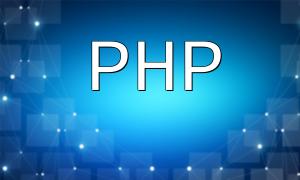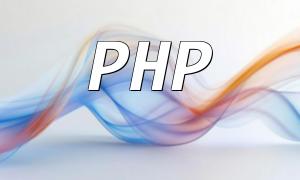With the rapid development of the internet, network security issues have become increasingly significant. In this information age, protecting the security and reliability of websites has become a top priority for developers. PHP, as a widely used programming language, especially in website development, raises significant concerns regarding its security. This article explores the core development principles of PHP, analyzes common security vulnerabilities, and introduces some common protection methods.
PHP (Hypertext Preprocessor) is an open-source server-side scripting language, widely used in web development. PHP scripts can be embedded in HTML code to generate dynamic web pages. Compared to other programming languages, PHP is easy to learn, highly efficient in execution, and widely used for web development, making it a popular choice among developers.
However, due to its widespread use in web development, PHP has become a primary target for hackers. Below are some common PHP security vulnerabilities and their corresponding protection methods:
Cross-Site Scripting (XSS) is an attack method where attackers inject malicious scripts into a webpage, which are then executed when users visit the affected page. To prevent XSS attacks, PHP developers need to filter and escape user inputs to ensure that they are not executed as code. Additionally, it is recommended to use the HTTPOnly flag to prevent JavaScript from accessing and modifying the user's cookies.
SQL injection attacks involve attackers inserting malicious SQL code into input fields to steal sensitive information from a database. To prevent SQL injection attacks, PHP developers can use prepared statements or stored procedures to handle user input, and parameterized queries to avoid SQL query concatenation. Additionally, enabling PHP's Magic Quotes feature can automatically escape user input, further enhancing protection.
File inclusion vulnerabilities occur when PHP includes insecure functions, which can lead to the execution of malicious code. To prevent file inclusion vulnerabilities, developers should avoid using unsafe functions like include and require, and instead use include_once and require_once to include files, ensuring that files are not included multiple times.
In addition to the above-mentioned vulnerabilities and protection methods, PHP developers should consider implementing the following strategies to enhance website security:
By gaining a deep understanding of PHP's core development principles, developers can effectively prevent and address various security vulnerabilities. By implementing appropriate protection methods, such as filtering user input, using prepared statements for SQL queries, and employing secure file inclusion techniques, developers can significantly improve website security. In today's challenging online environment, safeguarding website security is a goal that every PHP developer should prioritize and pursue.









